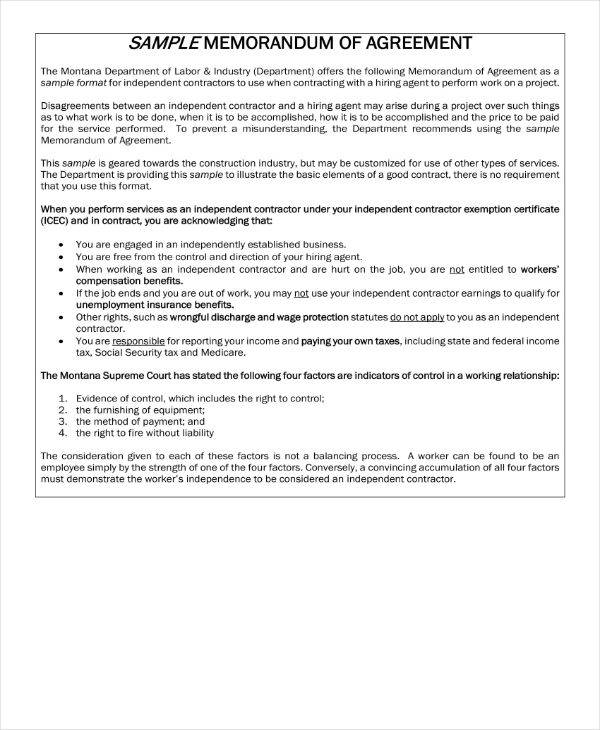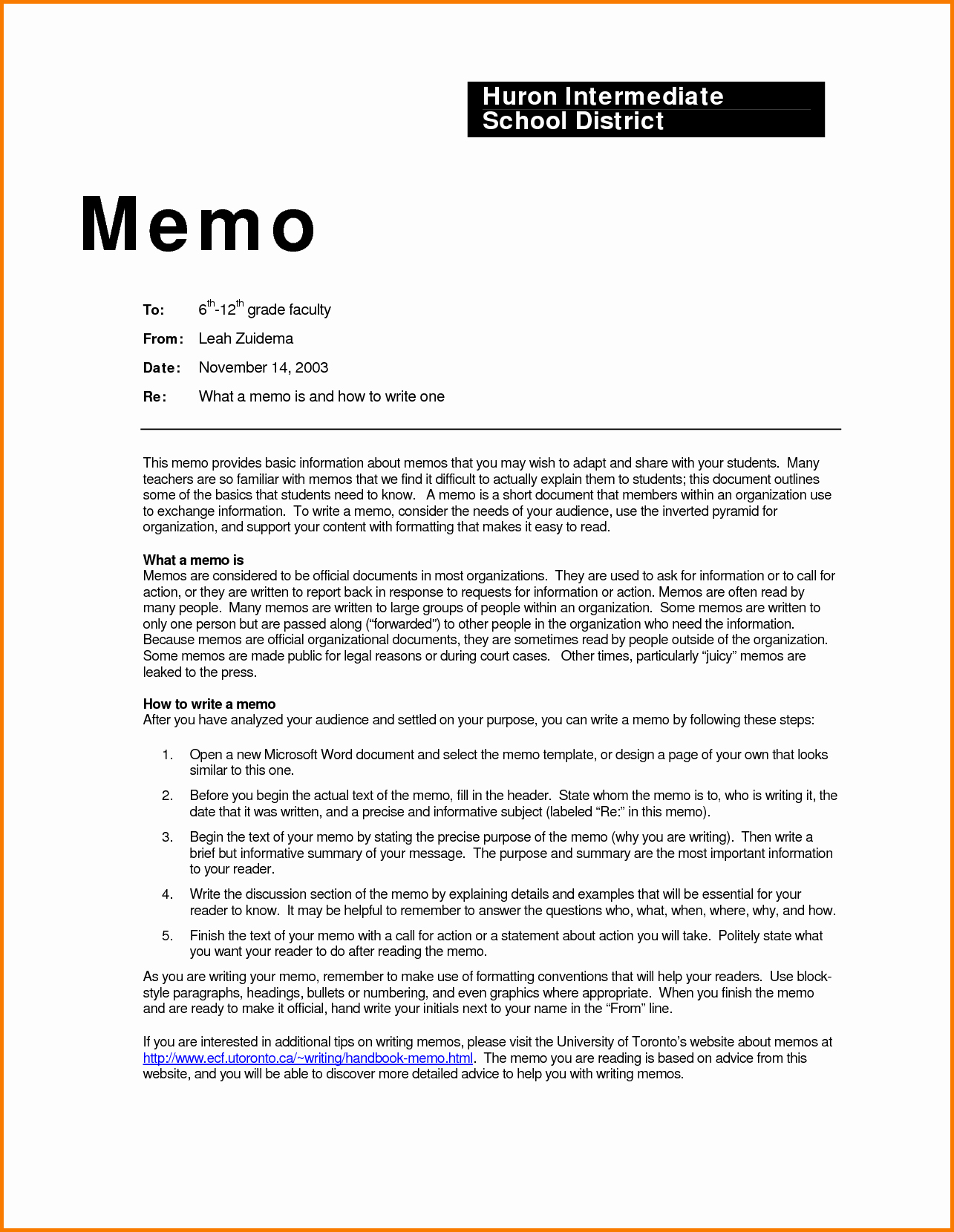


British scientific publishing usually still prefers treating data as a plural. British usage now widely accepts treating data as singular in standard English, including educated everyday usage at least in non-scientific use. American usage generally prefers to treat data as a singular in all contexts, including in serious and academic publishing. It is standard meaning the form of money, where it derives from the Latin singular ablative in the phrase in specie.Īgendum (obsolete, not listed in most dictionaries)Īgenda means a “list of items of business at a meeting” and has the plural agendasĭata (Now usually treated as a singular mass noun in both informal and educated usage, but usage in scientific publications shows a strong American/British divide. Specie for a singular of species is considered nonstandard. (Some of these are Greek rather than Latin words, but the method of plural formation happens to be the same.)Īxes (/ˈæksiːz/), the plural of axis, is pronounced differently from axes (/ˈæksᵻz/), the plural of ax(e). Final is becomes es (pronounced /iːz/):.Since the word comes from Latin processus, whose plural in the fourth declension is processūs with a long u, this pronunciation is by analogy, not etymology.

Some people treat process as if it belonged to this class, pronouncing processes /ˈprɒsᵻsiːz/ instead of standard /ˈprɒsɛsᵻz/. Final ex or ix becomes -ices (pronounced /ᵻsiːz/), or just adds -es:.Scientific abbreviations for words of Latin origin ending in -a, such as SN for supernova, can form a plural by adding -e, as SNe for supernovae. Final a becomes -ae (also -æ), or just adds -s:Įncyclopaedia (or encyclopædia) / encyclopediaĮncyclopaedias / encyclopedias (encyclopaediae and encyclopediae are rare).The form meese is sometimes also used humorously as the plural of moose - normally moose or mooses - or even of mouse. Mongeese is a back-formation by mistaken analogy to goose / geese and is often used in a jocular context. There are many compounds of man and woman that form their plurals in the same way: postmen, policewomen, etc. This group consists of words that historically belong to the Old English consonant declension. Mice (computer mouse can also take the regular plural form mouses) The plural is sometimes formed by simply changing the vowel sound of the singular (these are sometimes called mutated plurals): foot Many of these are the names of animals: bison buffalo deer duck fish pike salmon sheep squid swine trout Apophonic plurals Some nouns have identical singular and plural.


 0 kommentar(er)
0 kommentar(er)
